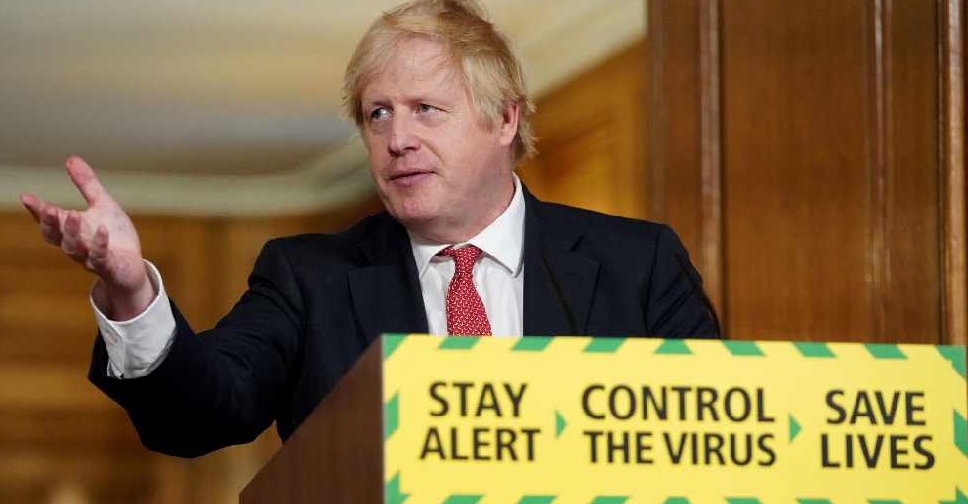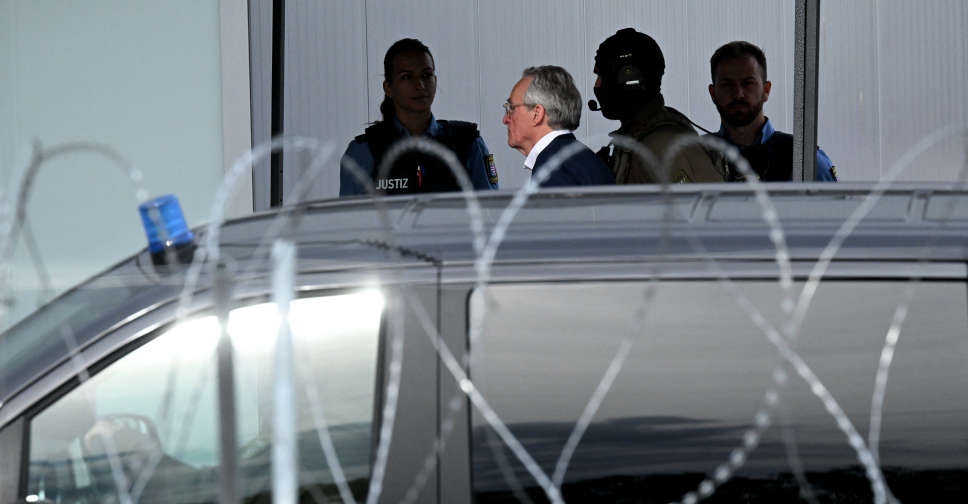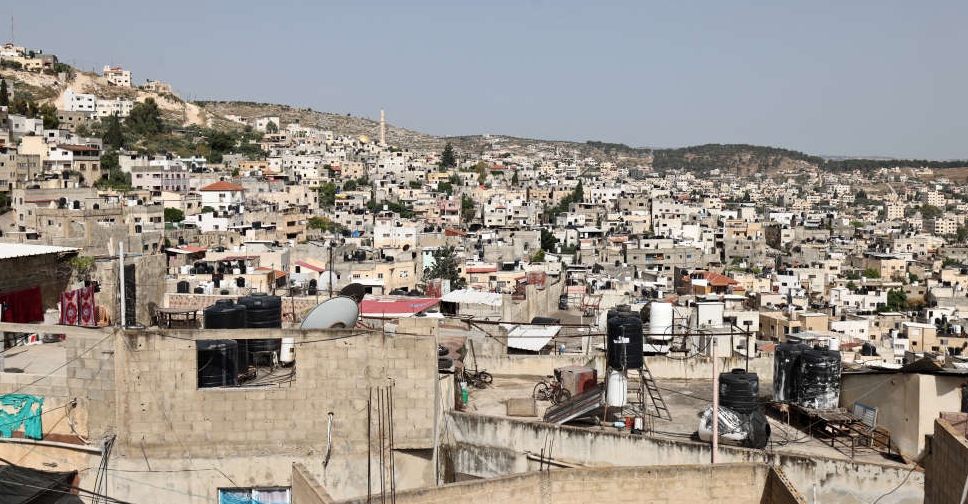
Thousands of non-essential retail outlets will reopen in the UK next month as part of efforts to ease the coronavirus lockdown.
Prime Minister Boris Johnson made the announcement, giving the retailers three weeks to prepare.
"Today, I want to give the retail sector notice of our intentions to reopen shops, so they too can get ready," he said. "These are careful but deliberate steps on the road to rebuilding our country."
High street shops, department stores and shopping centres will reopen from June 15, while outdoor markets and car showrooms can start operations from June 1 as long as they completed a risk assessment.
"Enabling these businesses to open will be a critical step on the road to rebuilding our economy, and will support millions of jobs across the UK," Business minister Alok Sharma said in a statement.

 Funeral ceremony for Iranian President, FM begins in Tabriz
Funeral ceremony for Iranian President, FM begins in Tabriz
 Nine accused of German coup plot go on trial
Nine accused of German coup plot go on trial
 Israeli army raids West Bank's Jenin
Israeli army raids West Bank's Jenin
 Baltimore bridge cargo vessel refloated
Baltimore bridge cargo vessel refloated
 UK inquiry finds 'chilling' cover-up of infected blood scandal
UK inquiry finds 'chilling' cover-up of infected blood scandal




